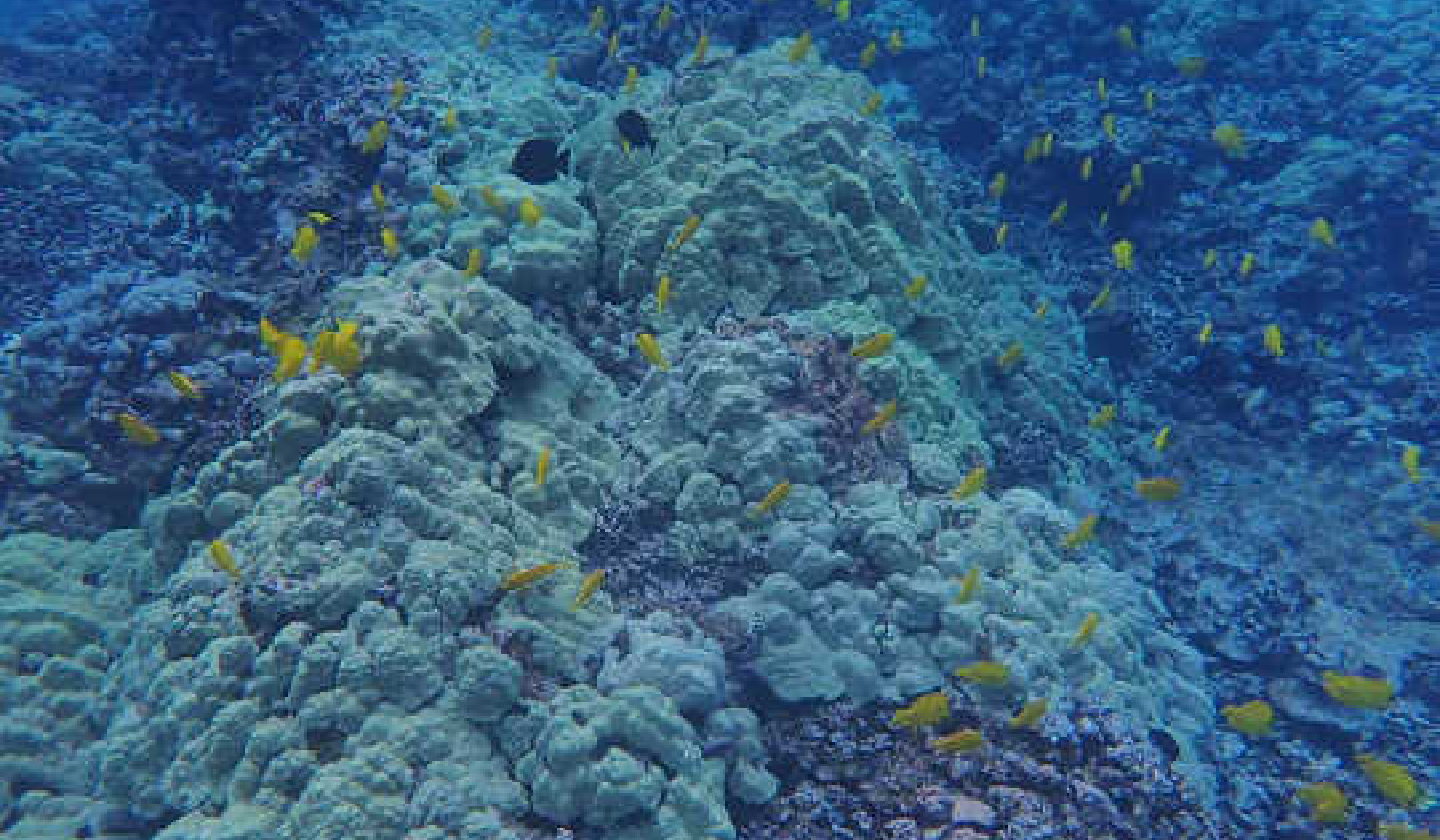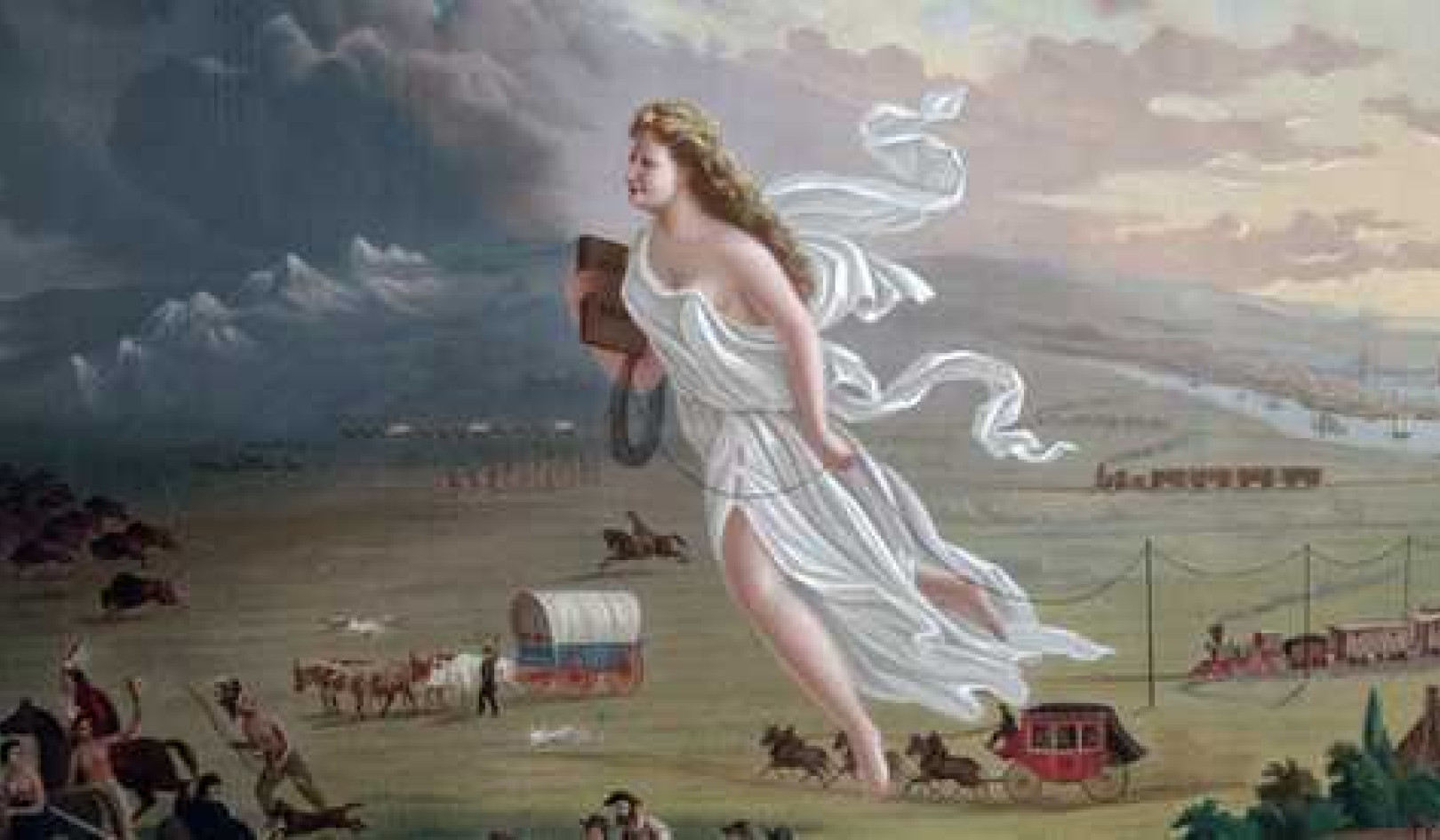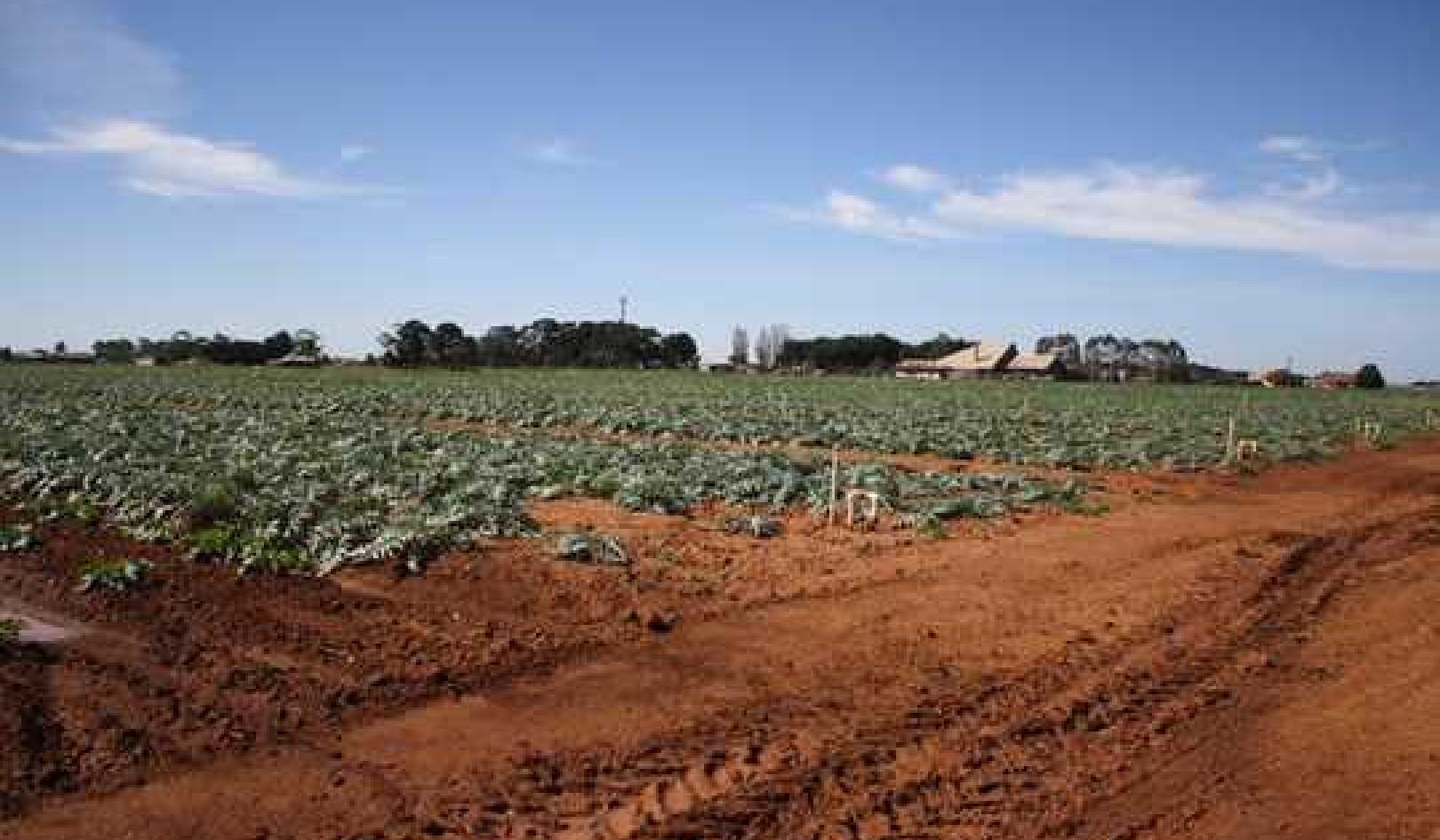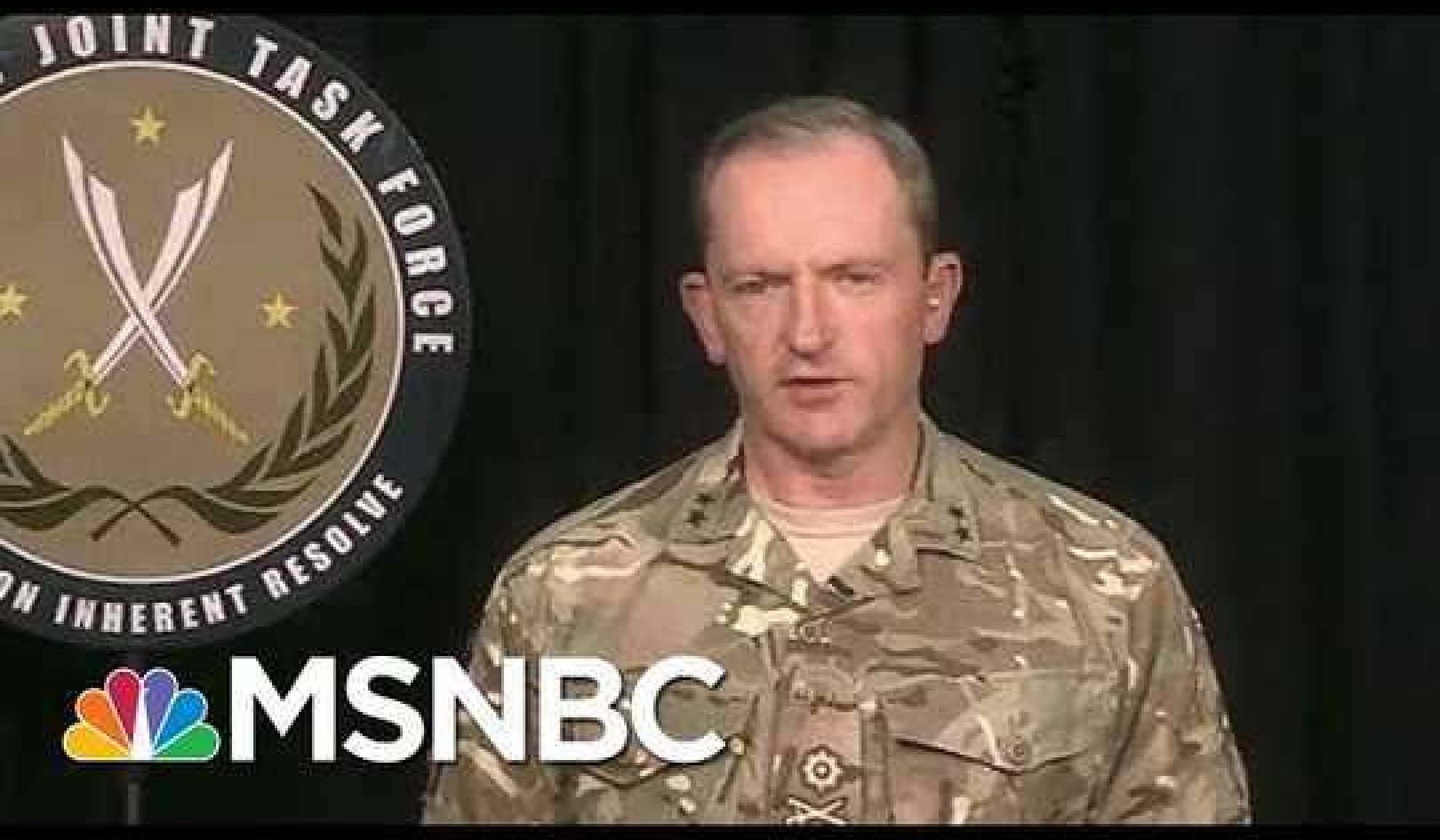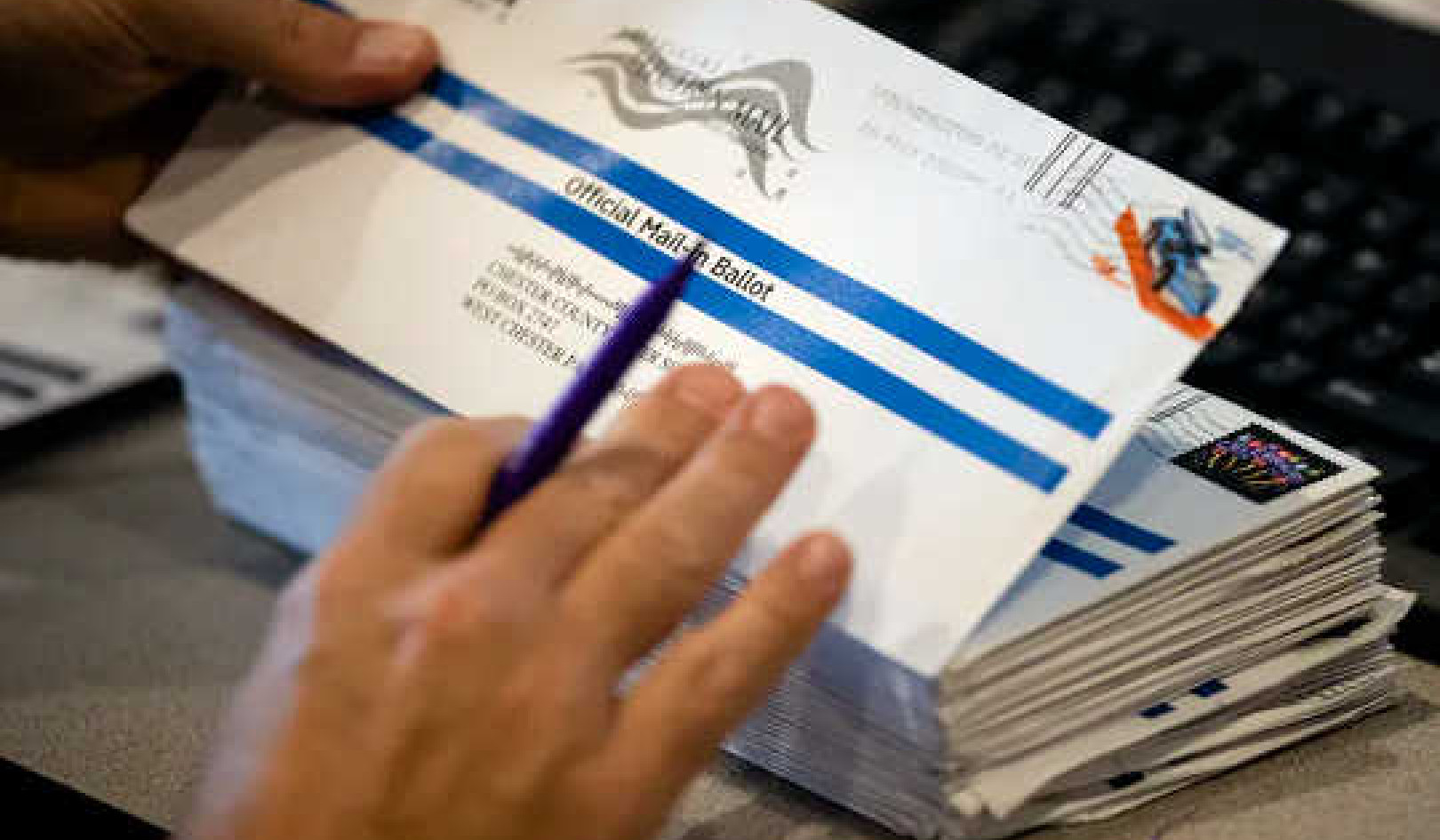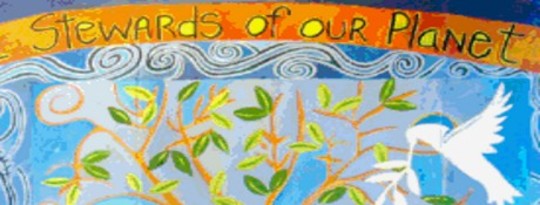
My world changed drastically when I first recognized that religious voices were crucial to addressing climate change. Few, if any, religious leaders were making the connection between environmental stewardship and their call as ministers of the word. For me, it was the deepest of connections.
After several years of trial and error, I honed a message that congregations should provide leadership around climate change. The message ultimately became "a religious response to global warming," which is now the tagline for the Interfaith Power & Light (IPL) campaign. This national network of diverse religious traditions uses religious values as a foundation for climate solutions.
Deepening the Connection Between Ecology and Faith
When I was in seminary in 1993, I collaborated with fellow student Ben Webb to found The Regeneration Project with a mission to deepen the connection between ecology and faith. The Regeneration Project now serves as the fiscal agent for the Interfaith Power & Light campaign, now in 38 states.
At its outset, The Regeneration Project established a national office, hired staff and set out to help congregations of all denominations lower their carbon footprints and lead congregants to do the same in their homes. The idea was not hard to sell given the number of congregations that adopted environmental stewardship as a priority.
Now more than 14,000 congregations are engaged in state IPL programs and are taking action to address global warming. Our responsibility for stewardship of God's creation in the face of climate change has become a matter of faith for many clergy leading congregations. Nearly every mainstream denomination has issued a statement on climate change and taken action to reduce energy use and connect the impacts of global warming to poverty and care for the least among us.
Some churches have shown their concern for creation by retrofitting their buildings and focusing on energy efficiency, the cheapest and most efficient way to decrease carbon emissions. Others have built new energy-efficient houses of worship and parish halls or installed solar panels on rooftops.
Within the Christian church our response to climate change has the potential to draw us together with other faith traditions that share that moral imperative to be stewards of creation. At a time when religion is often seen as divisive and political, our response to climate change can unite people of faith from diverse religious backgrounds in powerful acts of redemption.
Meeting Challenges with Hopeful Action
 The response of these congregations and thousands of others reflects the momentum behind this moral voice for sustainability. My experiences preaching a values-based message to congregations during the past 15 years have given me a strong sense of hope that we can and will solve this life-threatening problem. With few exceptions, people in the pews receive this message of stewardship with great enthusiasm. I have given hundreds of sermons in churches across the country, yet I have never heard a parishioner denounce the message of conservation.
The response of these congregations and thousands of others reflects the momentum behind this moral voice for sustainability. My experiences preaching a values-based message to congregations during the past 15 years have given me a strong sense of hope that we can and will solve this life-threatening problem. With few exceptions, people in the pews receive this message of stewardship with great enthusiasm. I have given hundreds of sermons in churches across the country, yet I have never heard a parishioner denounce the message of conservation.
Now, I have heard a variety of responses, such as "Creation was given to us to use.” But I have never heard a person of faith say that we should plunder and destroy the Earth. I often hear people tell me, "I never thought about it [environmental stewardship] like this before.”
The longer I preach and teach about climate change, the more committed I am to this ministry. I find increasing numbers of people seeking information about living out religious values through environmental stewardship. More clergy are looking for tools to inspire their congregations, and more lay people, too, want resources to inspire their clergy.
Addressing Climate Change is "Tilling and Keeping the Garden"
Confronting this important moral issue brings many challenges, such as the influence of skeptics or climate deniers. Another challenge is the lack of public knowledge about the science of global warming. Far too many people are listening to inflammatory talk-show hosts rather than to climate scientists. While this resistance proves frustrating, I have chosen to work with the 14,000 congregations that are ready to implement an idea that can help solve this crucial problem.
We are making a difference, but progress is painfully slow. Some people of faith are reluctant to embrace the environmental message for fear of appearing too liberal in their congregations. Climate change is real, but if naming it causes people to turn away, then we have to find another way. The reality is that the impacts of climate change will affect our food security, health, economy and life as we know it on this planet. The inspiring, truthful message is that addressing climate change is a response to God's call to us in Genesis to "till and keep the garden."
Being Stewards of Creation
I cannot predict our future, but I know that we cannot continue on this path of destruction. We are up against a powerful misinformation campaign funded by the fossil-fuel industries. Their tactics mirror the campaign of the cigarette industry that rebuked the science that smoking causes cancer. Eventually the truth prevailed.
I believe that we are on God's side if we embody His call to be stewards of creation. The Earth is a living planet in constant motion, and change is inevitable: we have to ensure that change remains consistent with God's plan and the natural world. We will lose if we continue to destroy our natural resources, and we will lose if we don't learn that our behaviors and beliefs must reflect loving God's Earth and loving each other.
©2012 by Mallory McDuff. All rights reserved.
Reprinted with permission of the publisher,
New Society Publishers. http://newsociety.com
This article was adapted with permission from the Afterword of the book:
Sacred Acts: How Churches are Working to Protect Earth's Climate
by Mallory McDuff.
 From evangelicals to Episcopalians, people of faith are mobilizing to confront climate change. Sacred Acts documents the diverse actions taken by churches to address climate change through stewardship, advocacy, spirituality, and justice. Contributions from leading Christian voices such as Norman Wirzba and the Reverend Canon Sally Bingham detail the work of faith communities. Sacred Acts shows that churches can play a critical role in confronting climate change — perhaps the greatest moral imperative of our time. This timely collection will inspire individuals and congregations to act in good faith to help protect Earth's climate.
From evangelicals to Episcopalians, people of faith are mobilizing to confront climate change. Sacred Acts documents the diverse actions taken by churches to address climate change through stewardship, advocacy, spirituality, and justice. Contributions from leading Christian voices such as Norman Wirzba and the Reverend Canon Sally Bingham detail the work of faith communities. Sacred Acts shows that churches can play a critical role in confronting climate change — perhaps the greatest moral imperative of our time. This timely collection will inspire individuals and congregations to act in good faith to help protect Earth's climate.
Click here for more info and/or to order this book.
About the Author
 The Reverend Canon Sally Bingham wrote the Afterword for the book Sacred Acts. She is the founder and president of The Regeneration Project and Interfaith Power & Light campaign. She has brought widespread attention to the link between religious faith and the environment through her work. As one of the first faith leaders to fully recognize global warming as a core moral issue, Sally has mobilized thousands of religious people to put their faith into action through energy stewardship. In 2012, she was awarded the Audubon Society’s Rachel Carson Award for her environmental leadership. Sally is pictured here with her dog, Obi.
The Reverend Canon Sally Bingham wrote the Afterword for the book Sacred Acts. She is the founder and president of The Regeneration Project and Interfaith Power & Light campaign. She has brought widespread attention to the link between religious faith and the environment through her work. As one of the first faith leaders to fully recognize global warming as a core moral issue, Sally has mobilized thousands of religious people to put their faith into action through energy stewardship. In 2012, she was awarded the Audubon Society’s Rachel Carson Award for her environmental leadership. Sally is pictured here with her dog, Obi.




















